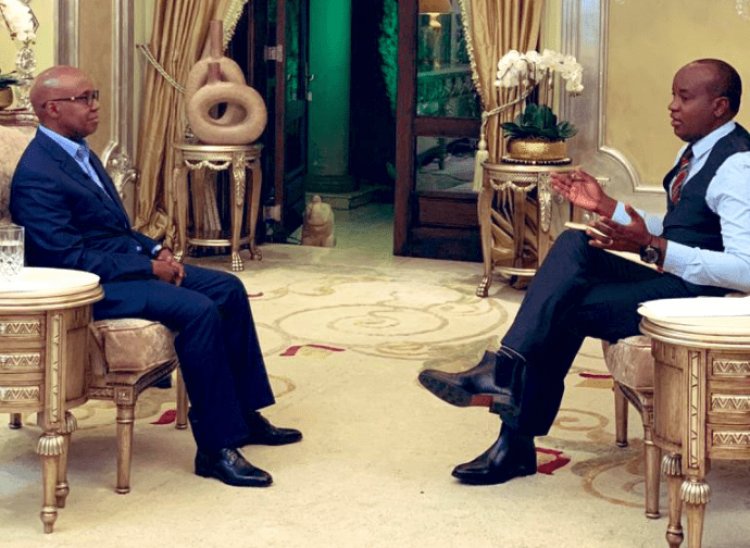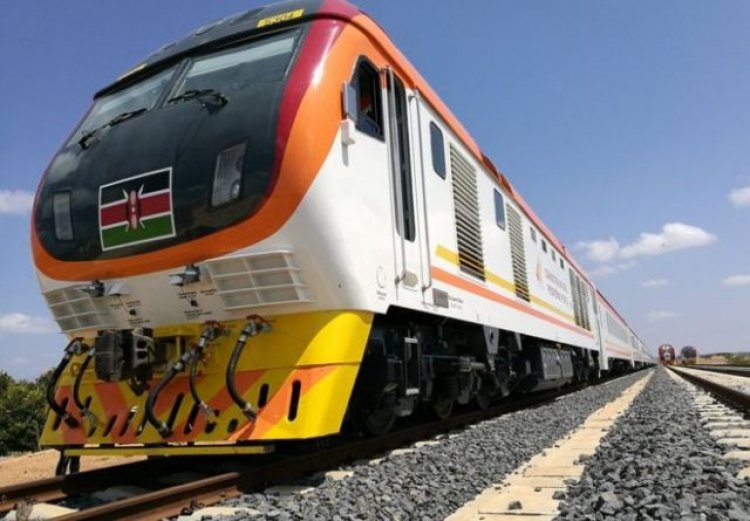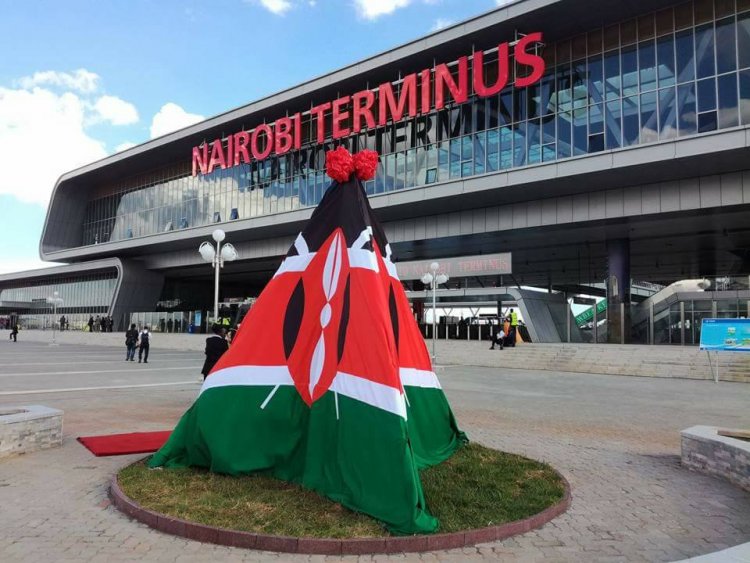How the SGR cost went from 55 Billion to 300 Billion Shillings: Jimi Wnjigi Reveals
Jimi Wanjigi, the business mogul turned politician, reveals that he was the brains behind SGR. He also sheds some light on how the project evolved to become Jubilee's government's biggest project in terms of finances. On a Sunday night interview on Citizen TV, the business magnate claimed he contradicted with the government when prior arrangements and agreements got broken while the project was in progression.

Jimi Wanjigi, the business mogul turned politician, reveals that he was the brains behind SGR. He also sheds some light on how the project evolved to become Jubilee's government's biggest project in terms of finances. On a Sunday night interview on Citizen TV, the business magnate claimed he contradicted with the government when prior arrangements and agreements got broken while the project was in progression.

Source: Twitter
Wanjigi claims the project was initiated by him and China Road Bridge, a Chinese infrastructure company. He states that the project was to cover from Mombasa to Malaba at a cost of 55 Billion Kenya Shillings, after diligent technical and feasibility studies.

Source: Urbwise
The Orange Democratic Movement party presidential aspirant asserts that the source of disagreements with the government arose when he realized the project would only reach Nairobi and at a cost six times higher. He argues that the project was to be a private endeavor and taxpayers' money was not to be utilized, as such the Chinese were to fund the railway project.

Source: Kenya Railways
According to Jimi Wanjigi, the huge debt the project has left Kenyans was uncalled-for, as the government was meant to only lease the land the rails passed through. He compares the deal to a real estate project where the government was only to avail land. The government backtracked on these prior agreements and eventually, the project became a government project backed with taxpayers' money.


























